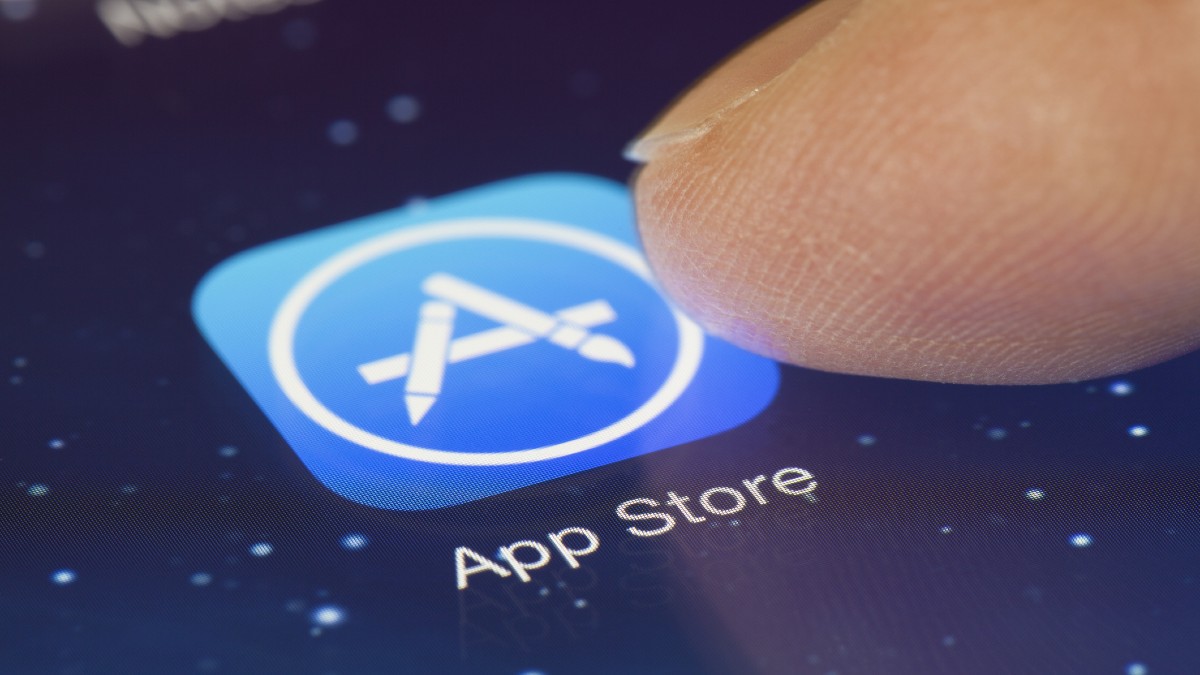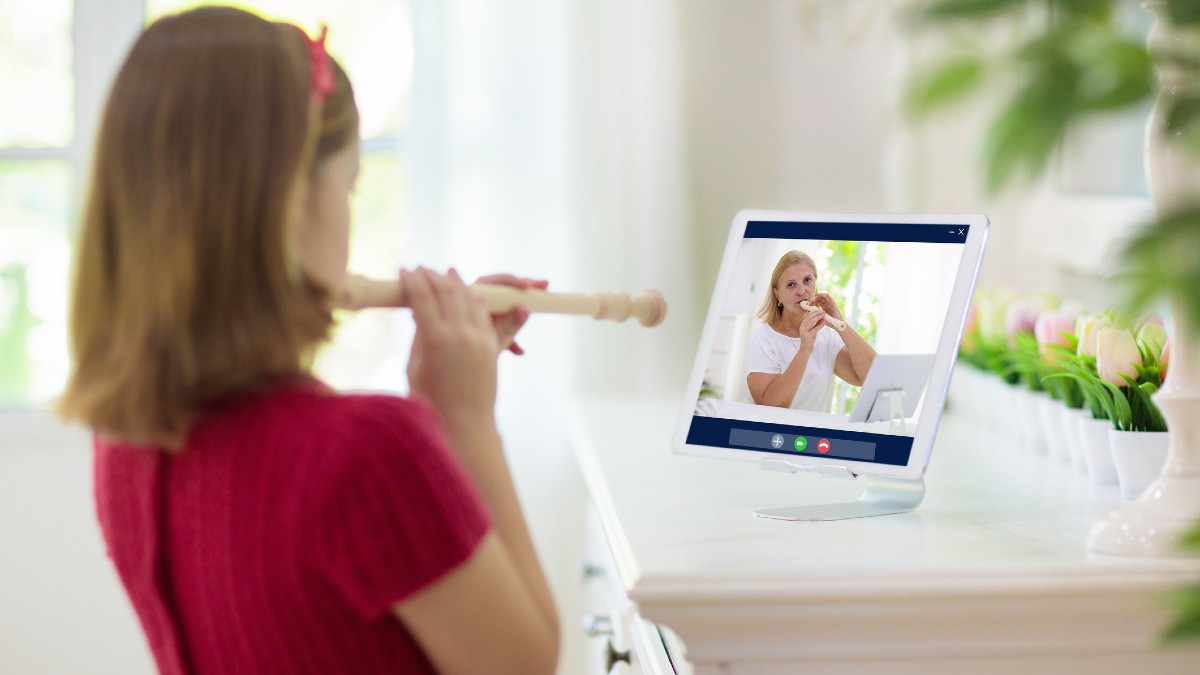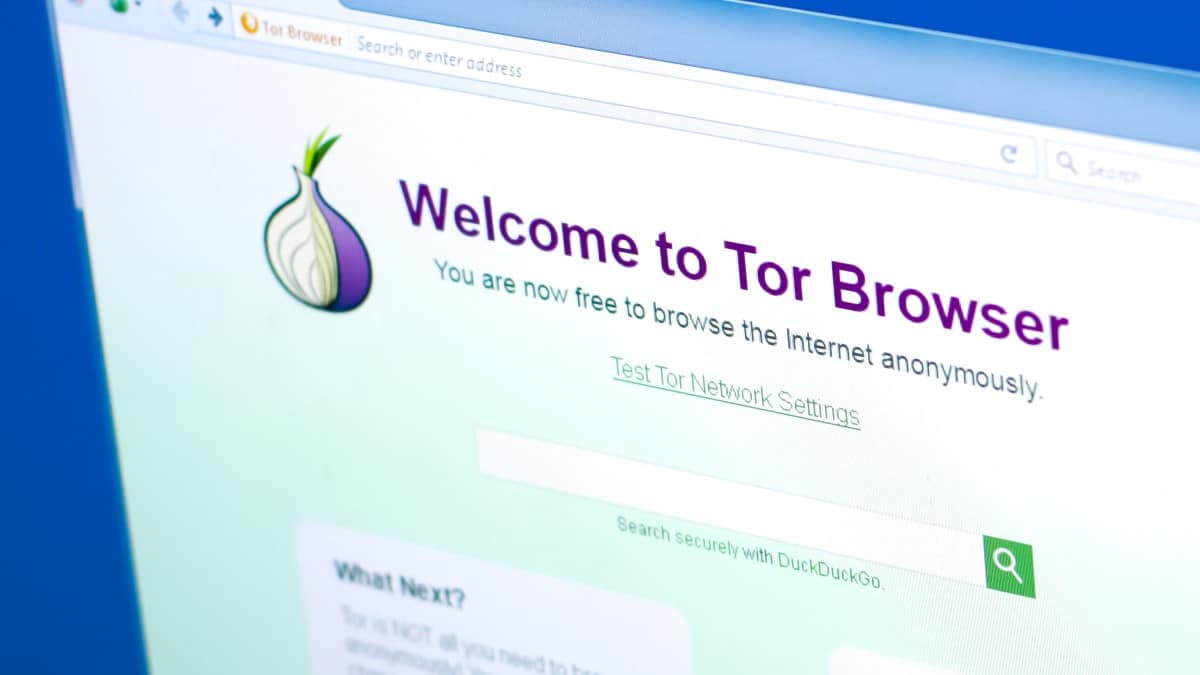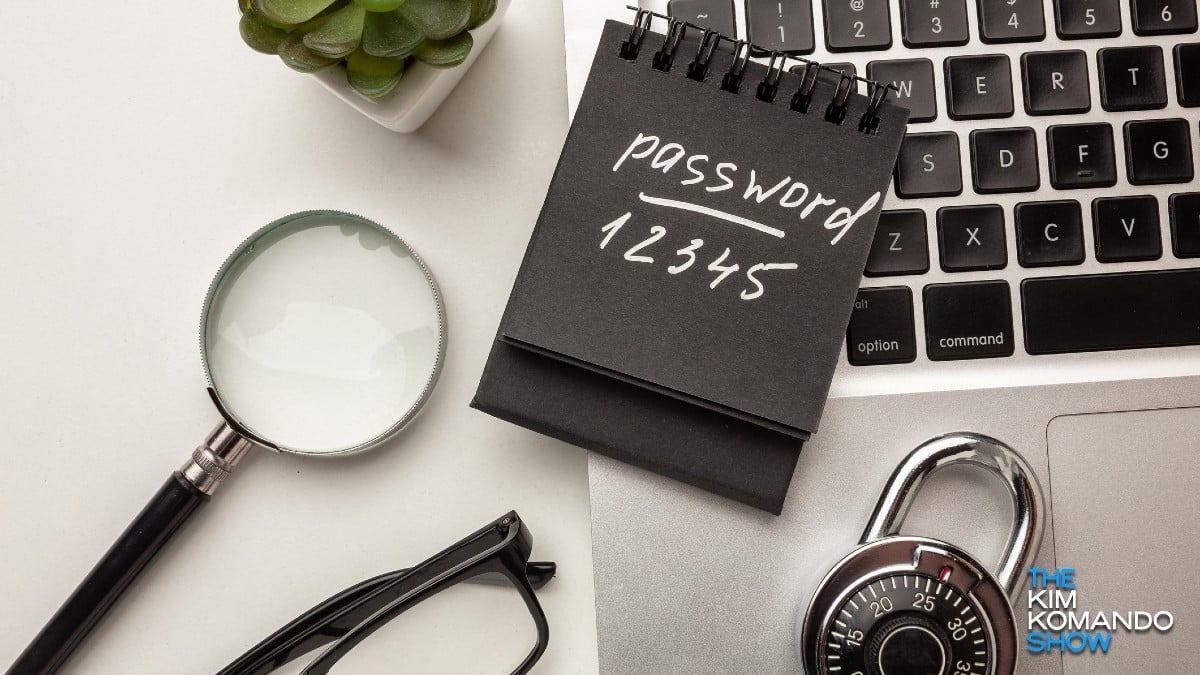If you want to keep your online activity to yourself, it’s time to move beyond your browser’s built-in privacy mode. In this Digital Life Hack, Kim will show you a few options to stay hidden, including alternative browsers and a search engine that won’t track or sell your info. But the one trick to really protect your privacy? Watch to find out.
You won’t believe how schools AND parents are tracking kids
You’ve got a GPS tracker — and you’ve got a tracker — and you! From Apple AirTags to Tiles to Jiobit sensors, GPS trackers are everywhere. I put them in my cars, wallet, laptop bag and car keys — police are even putting them on people’s cars.
It’s really no surprise parents are using GPS watches and tags to monitor kids when they’re away. If your little tyke is off to a new school, you too may be wondering if it’s time for a tracker.
Checking an app and finding your kid’s location when you’re worried sounds amazing. Some brands like AngelSense (great name, I know) even target parents. But is it legal? Do schools get a say in tracking your kids, too? Let’s ring the recess bell because I’ve got some schooling to do.
First, the legalese: Yep, parents can track their kids
Parents are generally allowed to use a GPS tracker on their young ones. As long as kids are under 18 and no other legal restrictions get in the way, you can send them off with a tracker … just make sure that the battery is fully charged!
Also, and this is critical: Avoid breaking any privacy or HIPAA laws. Don’t use devices to listen to conversations or record what people say. As my first-grade teacher would have said, “We don’t do that. That’s a no-no.”
Some schools even enable tracking, but every school is different. It’s no surprise tracking is more common for preschool-age kids who may be more prone to a bit of the wanders — certain Montessori-style schools are fully adopting it.
Others are embracing tracking programs via microchips on student IDs that can, for instance, tell when they’ve hopped on a particular bus. But that raises another huge question: Do schools also have the right to track your kids?
Not your grandma’s hall pass
Your rights as a parent extend to tracking your kids at school, but schools can also set their own tracking policies. Sometimes, yep, that means schools track your kids, too.
The bus tracking I mentioned above is only one example, and it’s being implemented in schools from Kentucky to New York — although the New York program got off to a very rocky start.
Other school districts, like this one in Orange County, are starting to try mandatory tracking for teen students after four or more unexcused absences. Texas is big on tracking, too: Austin and San Antonio are just a couple of districts with tracking programs for tardy students. Meanwhile, digital hall passes that track visits to the bathroom have become incredibly common from coast to coast.
We may receive a commission when you buy through our links, but our reporting and recommendations are always independent and objective.
Stop iPhone apps from asking you to rate and review once and for all

Apple’s iPhone is more than just a smartphone. It’s more than a camera and portable gaming system. The iPhone has become ingrained in pop culture through sleek design and clever marketing. Some might call it a status symbol. And with prices topping out over a thousand dollars, that statement does ring true.
Is private browsing really private? Tricks to stay truly hidden online
This free video chat doesn’t require an account or even your name

As more people started to work from home, Zoom’s video conferencing platform exploded in popularity. Tap or click here for Zoom tricks you’ll wish you’d known sooner.
With most video chatting platforms, you must download a sizable program, create an account and log in. Then, you might fight with an unfamiliar user interface to get yourself set up.
Sick of Google Chrome? 6 alternative browsers to try instead

Google Chrome may be marketed as a secure browser, but does it provide enough privacy for you?
Depending on your preferences and what you value most, such as security or speed, you might find a better browser in this list that suits your needs. You can still use your Google account with any of these browsers.
Private maps alternative when you don't want Google or Apple tracking you
When navigation apps first hit the scene, they sent people crashing into rivers or zooming through the wrong side of town. Nowadays, directional apps like Google Maps are much more polished than their predecessors. Since they take the frustration from exploring unfamiliar cities, it’s hard to imagine driving without them.
7 essential privacy tools to stay protected online
It’s a sad fact that your online presence constantly exposes you to cyberattacks. Hackers, scammers and other bad actors want your login credentials, personal information, financial data and more.
Ransomware attacks are particularly vicious. These operators steal files and personal data and hold them hostage in exchange for payment. Ransomware attacks are up, particularly in the past year. Tap or click here for more information on these attacks.
Revealed: See how much your browser tracks and sells your data
When it comes to choosing a browser, you have many options from some of the biggest names in tech as well as lesser-known companies. You can make your decision based on appearance, convenience features, compatibility, customization options and more.
Privacy tip: Use this app to see when your phone's mic and camera are in use

Google released Android 11 at the beginning of September, and after testing it out so far, it looks to be a winner of an update. Unfortunately, Apple’s iOS 14 has it beat in the privacy department.
Why is iOS 14 better for privacy? It’s not that Android 11 is a slouch — but features like iOS 14’s new camera and microphone icons are making it easy to tell that apps are snooping when they shouldn’t. Tap or click here to see how these icons exposed the Instagram app.
Protect your most sensitive files with this Android app

Your phone stores gigabytes upon gigabytes of highly personal information, and there’s no doubt it’s a big target for cybercriminals. Malware and phishing campaigns are spreading faster than ever; now is the time to lock down your info.
3 reasons you need wireless earbuds

Now that many of us are sheltering in place, finding privacy can be difficult since there’s always someone around. If you’re working from home, there are sure to be business conversations for your ears only.
And if you’re trying to listen to music or on a personal call, what you’re hearing is still for your ears only. There must be a better way! Thankfully, there is. Now’s the perfect time to get a pair of wireless earbuds.
Don't make these common mistakes with your passwords

Passwords are a necessary evil. They’re a pain to create and a struggle to remember. But if you decide to take shortcuts, you make a hacker’s job much, much easier. Fortunately, I know a few tricks to make the whole process simpler.
Secret ways your kids could be hiding nudes on their phones

If you’re a parent or grandparent, you have to read this! Checking up on your kids’ phones is good, but it just doesn’t cut it. You’ll be shocked when I tell you just how many opportunities there are for kids to hide nude photos on their gadgets.
5 ways to find out if your computer is secure

There are always digital threats looming out there such as hackers, snoopers, viruses, phishing attacks, and I could go on. If you don’t think computer security is a big deal, think again. Hopefully, you’ve taken some steps to secure your devices, but the big question is whether it worked. Is your computer really safe? Here are some easy ways to make sure.
Turn your smartphone into a body-worn video camera

Most new smartphones come equipped with both front and rear-facing cameras that take amazing photos. However, your smartphone camera can be used for more important things than just capturing shots of vacations or what you had for lunch. Here’s how you can turn your phone into a body cam, and capture emergency situations just like law enforcement.
